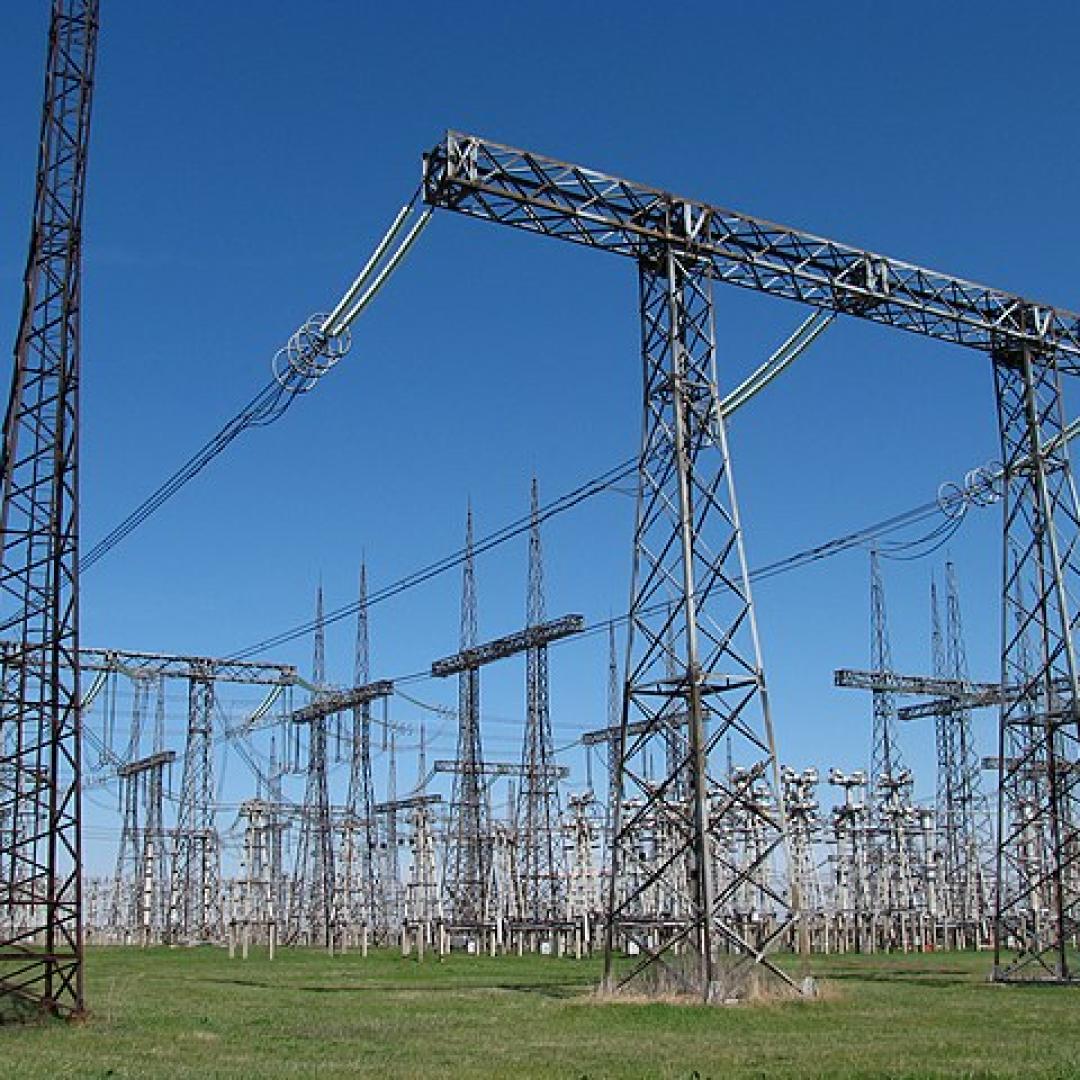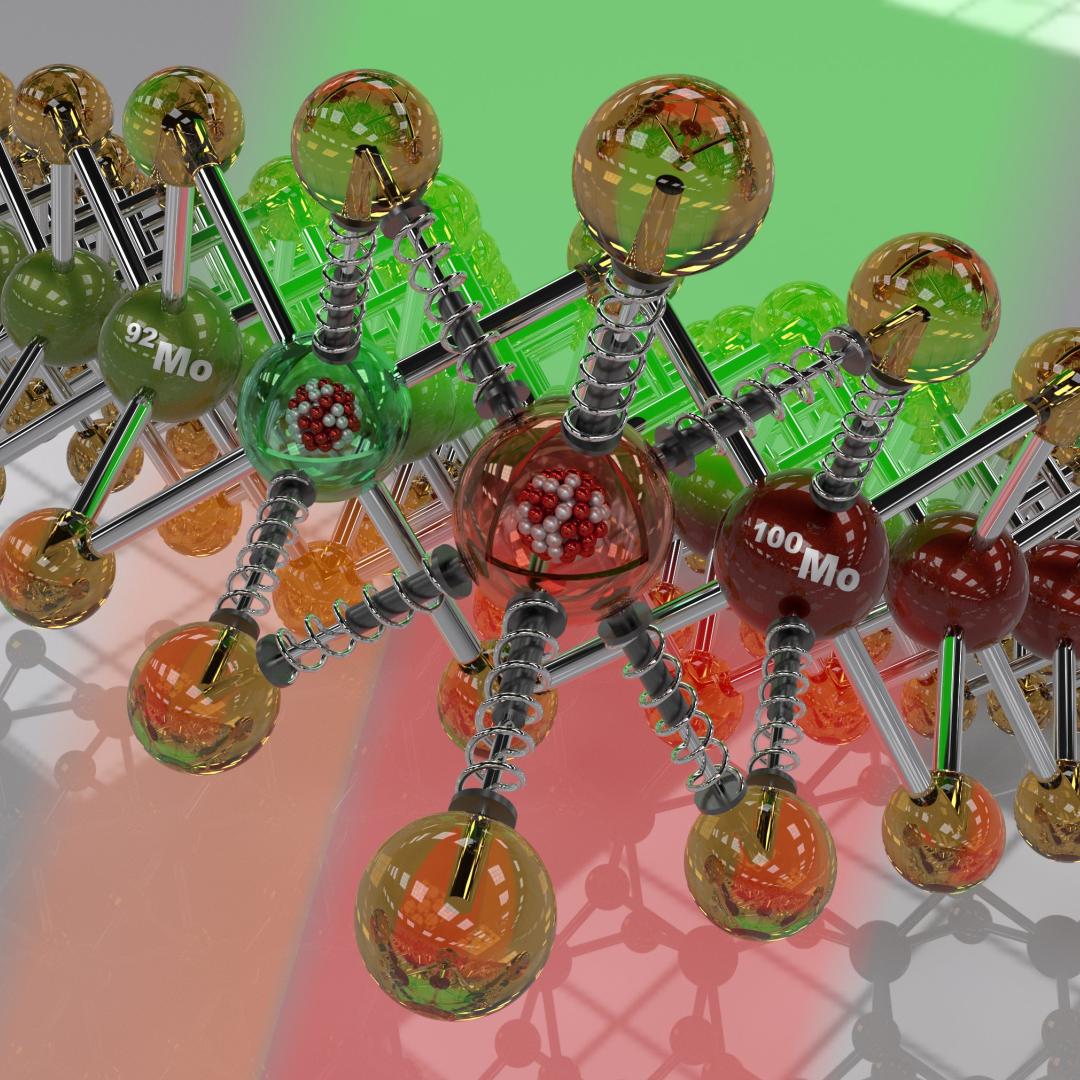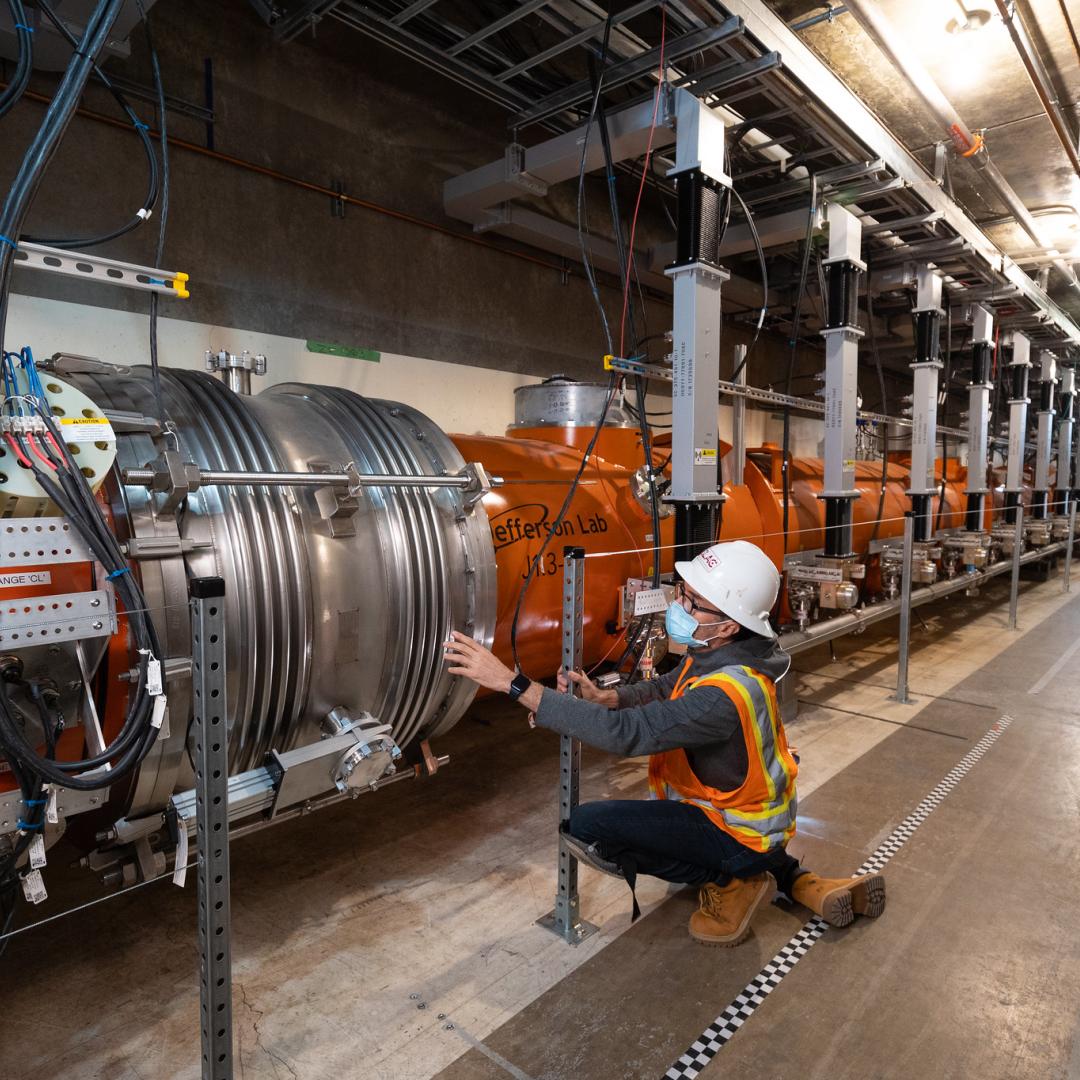Filter News
Area of Research
News Topics
- (-) Security (15)
- 3-D Printing/Advanced Manufacturing (80)
- Advanced Reactors (7)
- Artificial Intelligence (19)
- Big Data (11)
- Bioenergy (28)
- Biology (14)
- Biomedical (7)
- Biotechnology (5)
- Buildings (36)
- Chemical Sciences (14)
- Clean Water (8)
- Climate Change (25)
- Composites (17)
- Computer Science (41)
- Coronavirus (14)
- Critical Materials (9)
- Cybersecurity (25)
- Decarbonization (34)
- Energy Storage (72)
- Environment (59)
- Exascale Computing (2)
- Fossil Energy (2)
- Frontier (2)
- Fusion (2)
- Grid (44)
- High-Performance Computing (10)
- Hydropower (2)
- Isotopes (1)
- Machine Learning (18)
- Materials (36)
- Materials Science (29)
- Mathematics (2)
- Mercury (3)
- Microelectronics (1)
- Microscopy (8)
- Molten Salt (1)
- Nanotechnology (9)
- National Security (36)
- Net Zero (3)
- Neutron Science (15)
- Nuclear Energy (11)
- Partnerships (15)
- Physics (2)
- Polymers (11)
- Quantum Science (3)
- Renewable Energy (1)
- Simulation (4)
- Space Exploration (3)
- Statistics (1)
- Summit (6)
- Sustainable Energy (69)
- Transformational Challenge Reactor (3)
- Transportation (67)
Media Contacts

The Department of Energy’s Oak Ridge National Laboratory announced the establishment of the Center for AI Security Research, or CAISER, to address threats already present as governments and industries around the world adopt artificial intelligence and take advantage of the benefits it promises in data processing, operational efficiencies and decision-making.
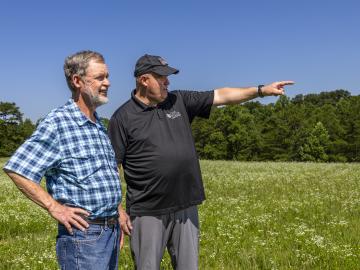
Carl Dukes’ career as an adept communicator got off to a slow start: He was about 5 years old when he spoke for the first time. “I’ve been making up for lost time ever since,” joked Dukes, a technical professional at the Department of Energy’s Oak Ridge National Laboratory.

A partnership of ORNL, the Tennessee Department of Economic and Community Development, the Community Reuse Organization of East Tennessee and TVA that aims to attract nuclear energy-related firms to Oak Ridge has been recognized with a state and local economic development award from the Federal Laboratory Consortium.

When the COVID-19 pandemic stunned the world in 2020, researchers at ORNL wondered how they could extend their support and help
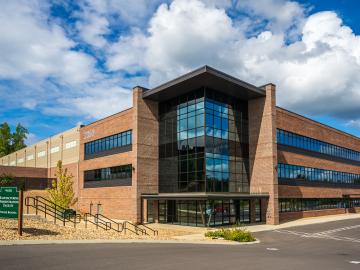
ORNL scientists will present new technologies available for licensing during the annual Technology Innovation Showcase. The event is 9 a.m. to 3 p.m. Thursday, June 16, at the Manufacturing Demonstration Facility at ORNL’s Hardin Valley campus.
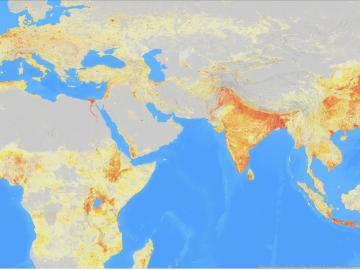
It’s a simple premise: To truly improve the health, safety, and security of human beings, you must first understand where those individuals are.
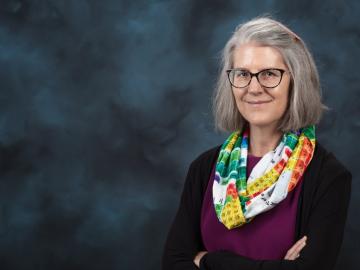
Deborah Frincke, one of the nation’s preeminent computer scientists and cybersecurity experts, serves as associate laboratory director of ORNL’s National Security Science Directorate. Credit: Carlos Jones/ORNL, U.S. Dept. of Energy
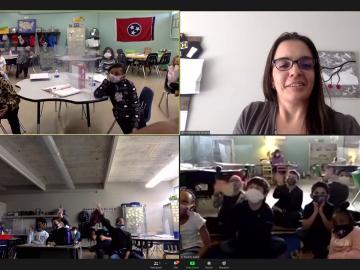
Twenty-seven ORNL researchers Zoomed into 11 middle schools across Tennessee during the annual Engineers Week in February. East Tennessee schools throughout Oak Ridge and Roane, Sevier, Blount and Loudon counties participated, with three West Tennessee schools joining in.
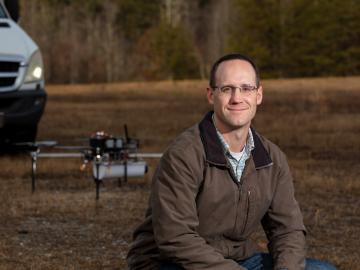
Horizon31, LLC has exclusively licensed a novel communication system that allows users to reliably operate unmanned vehicles such as drones from anywhere in the world using only an internet connection.
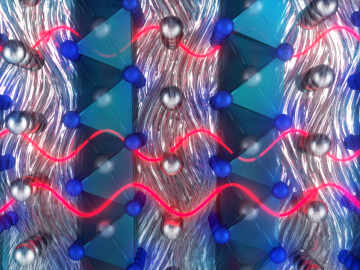
Research by an international team led by Duke University and the Department of Energy’s Oak Ridge National Laboratory scientists could speed the way to safer rechargeable batteries for consumer electronics such as laptops and cellphones.


